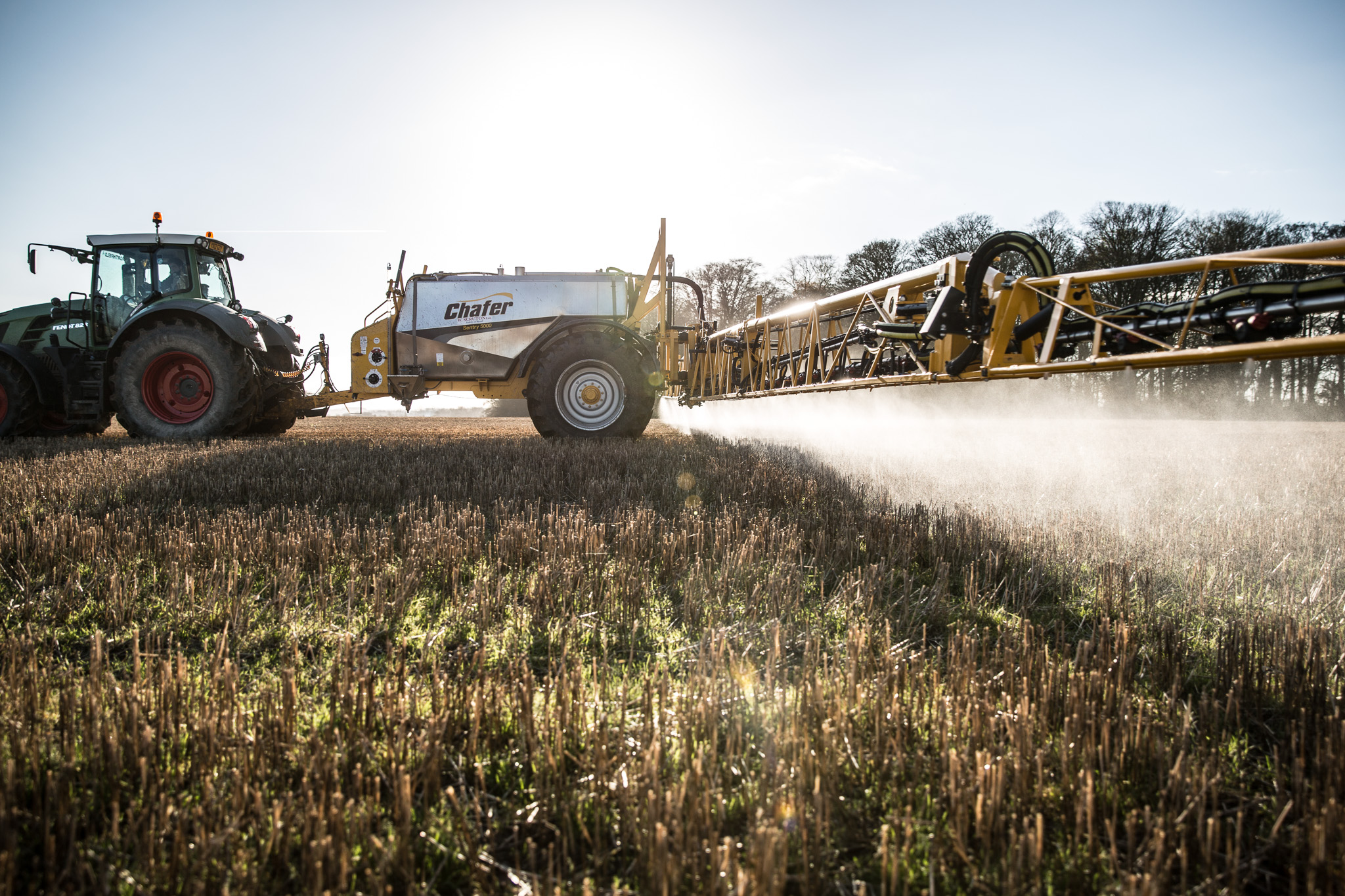
Monsanto’s glyphosate is now most heavily used weed-killer in history, according to a new study. A paper published Feb. 2, 2016 in the peer-reviewed journal Environmental Sciences Europe reports that 18.9 billion pounds (8.6 billion kilograms) of glyphosate have been used globally. Glyphosate use has risen almost 15-fold since so-called “Roundup Ready” genetically engineered crops were introduced in 1996.
The study is summarized in an article published by Phys.org. Here are some highlights and insights provided by Claire Robinson of GMWatch.org.
- This is the first peer-reviewed paper ever to report agricultural, non-agricultural, and total glyphosate herbicide use in the U.S. from 1974-2014.
- The detailed supplemental tables provide in-depth information on glyphosate use on crops in the U.S. from 1982-2014.
- It is the first paper to report global data on glyphosate use in agriculture, non-ag uses, and overall from 1994 through 2015.
- This is the first paper that clearly documents the dominant role of GE, herbicide-tolerant (HT) crops in driving glyphosate use higher both in the U.S. and globally.
- This is the first paper that reports that glyphosate is the most heavily applied pesticide in history, again both in the U.S. and globally.
- Lastly, it’s the first paper showing that ~2/3 of the total volume of glyphosate applied since 1974 has been sprayed in just the last 10 years. This finding has important public health implications, given that glyphosate is a probable human carcinogen linked to cancers of the lymphatic (blood) system. The latency period of non-Hodgkins lymphoma in humans, a cancer linked to glyphosate exposures in some studies, is 15-20 years.



